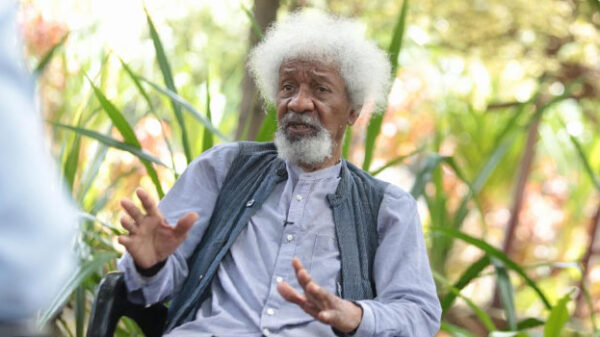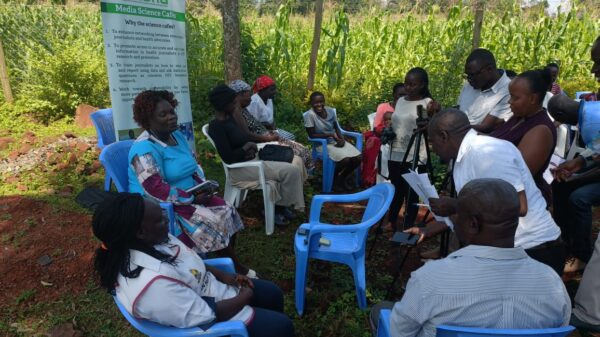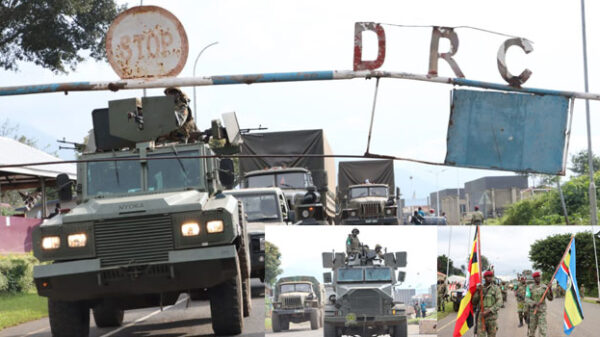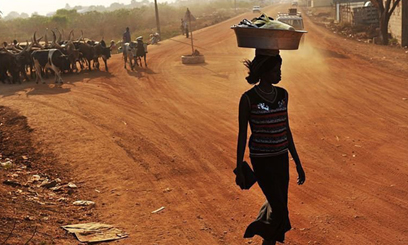It is the latest expression of alarm about the situation in South Kordofan and Blue Nile, where the United States has warned of possible famine while Khartoum cites security concerns in severely restricting foreign aid organisations.
Fighting erupted several months ago between the Sudan Armed Forces and ethnic rebels once allied to insurgents who now rule in breakaway South Sudan.
“FAO is deeply concerned by reports from those who have fled the fighting about increasing food insecurity in some areas of South Kordofan and Blue Nile. An urgent needs assessment and assistance to those facing food shortages is required,” it said after a study found Sudan will face a “significantly below average” 2011-12 crop harvest that will likely cause increasing food insecurity across the country.
The FAO issued the study in conjunction with Sudanese agriculture ministry officials.
“Ongoing insecurity has compounded the problem by disrupting normal agricultural activities,” the FAO said. “Insecurity in South Kordofan and Blue Nile meant the mission team could only access a small part of each state. Therefore, the magnitude of the food insecurity problem is unclear.”
The UN’s humanitarian agency has said about 140,000 Sudanese refugees have fled to South Sudan or Ethiopia since fighting began in South Kordofan last June, followed by Blue Nile in September.
Princeton Lyman, US President Barack Obama’s special envoy for Sudan, has said the food situation is so dire that Washington warned Khartoum it would consider ways for aid to be sent in to the border region without Khartoum’s approval.
He said hundreds of thousands of people could be facing a food “emergency” by March.
Across Sudan generally, “poor rainfall at the start of the cropping season reduced the total area cultivated and caused lower yields in the rainfed sector,” the FAO said.
“Poor pastures and uncertainty about access to South Sudan’s pastures triggered some earlier-than-usual cattle migrations, before crops were ready to be harvested, causing crop destruction.”
FAO said Sudan’s total cereal harvest is estimated to be 2.77 million tonnes.
“Increased imports of cereals will be needed at a time when Sudan’s economy has poor foreign exchange earnings and a fiscal deficit,” it said.
Reflecting increasing scarcity, cereal prices are rising rapidly and household food stocks around the country are expected to deplete much earlier than normal, possibly leading to further food price inflation, the FAO added.
“FAO is urging donor nations, humanitarian agencies and the government of Sudan to work together to prevent a possible food crisis in the country,” it said, appealing for $41.6 million (31.4 million euros) for emergency assistance to vulnerable Sudanese and to strengthen their food production capacity.












































